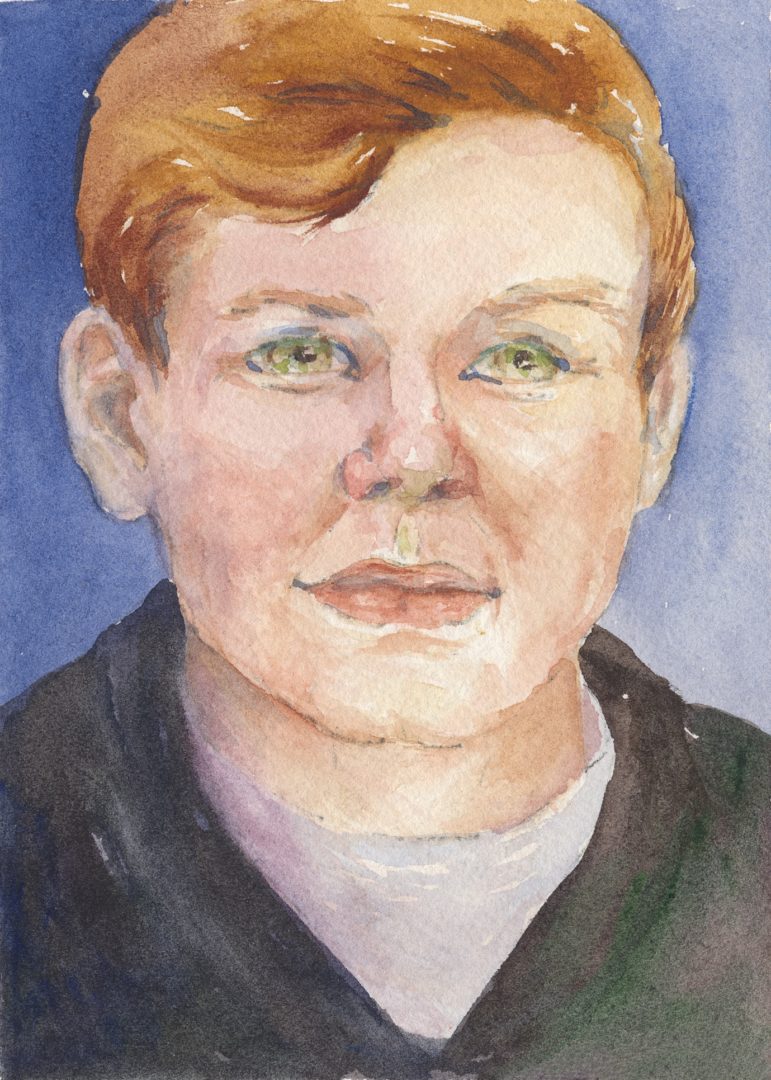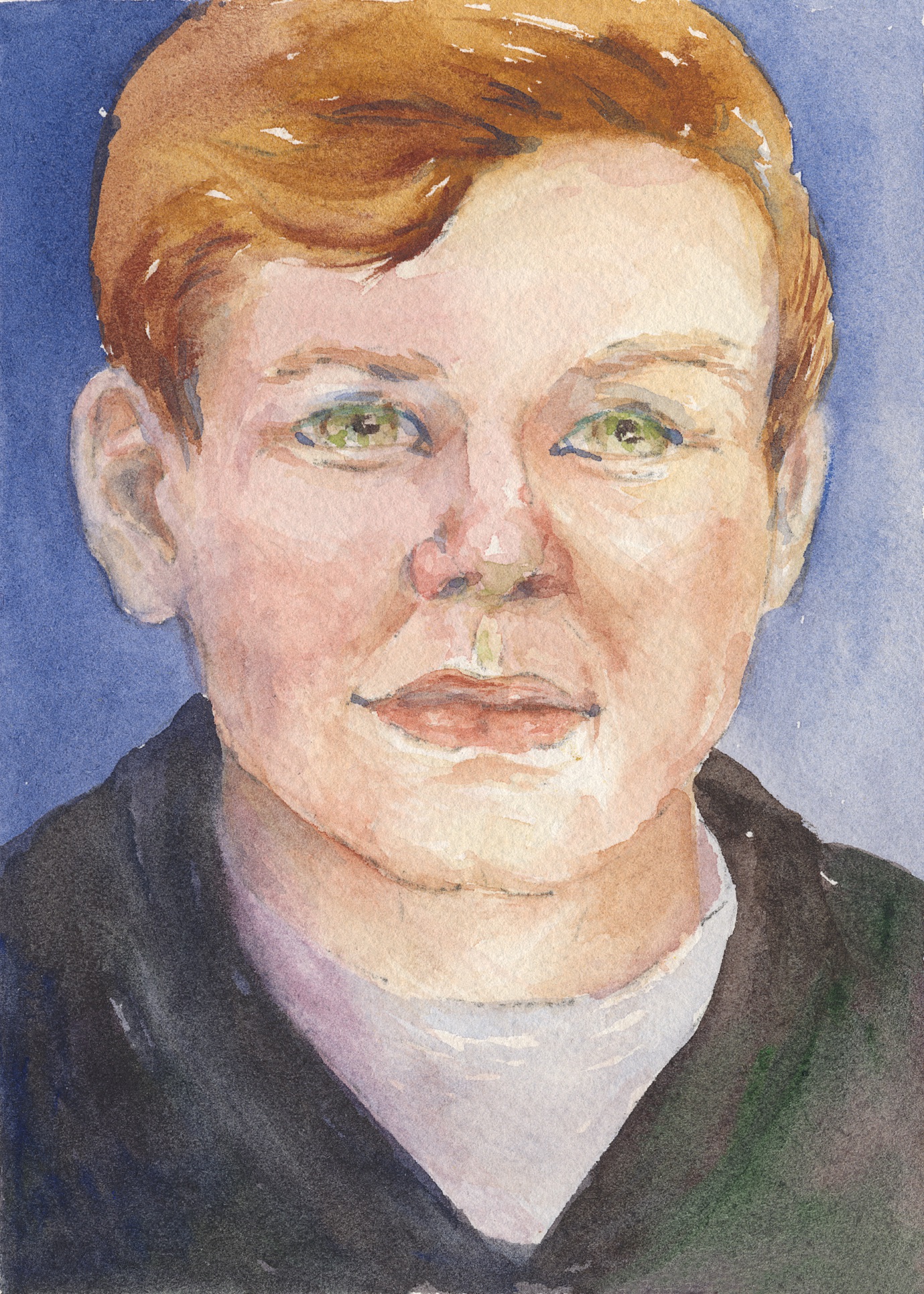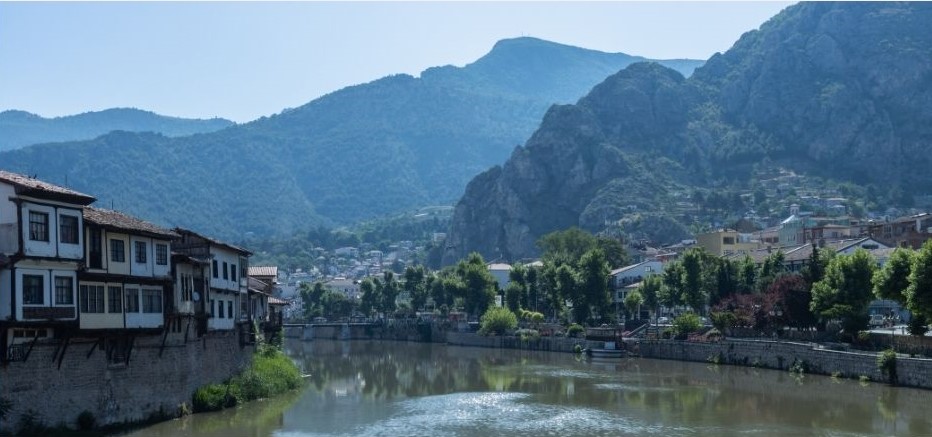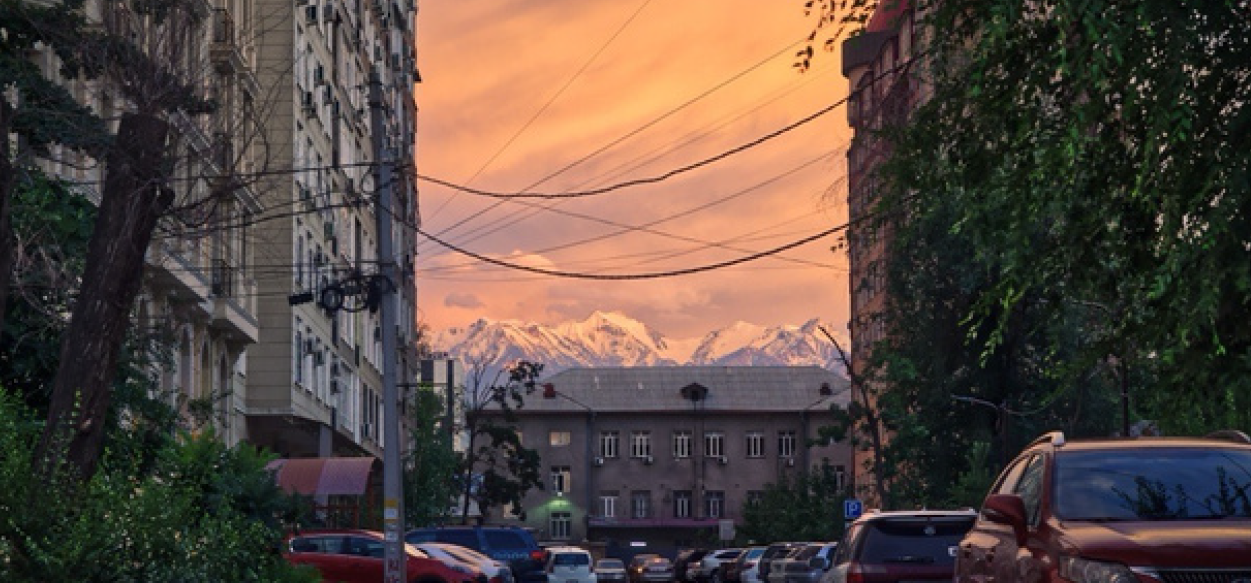UPG: Central Eurasian Russian


Below is a true story highlighting one of the many unreached people groups along the Silk Road. This story is excerpted from the book, Live Dead Together: A Practice in Group Abiding. Order the book and find other Live Dead resources here.
 A nation living among another nation, in a place where ethnicity determines your worth as a person. I’m Russian and this is what defines me – my ethnicity. I can hardly call myself Kyrgyz, because in order to be called Kyrgyz, I had to be born as that. I grew up in a nation that only now can I call my own. All throughout my childhood, I saw only our differences: in culture, in customs, in beliefs. My nationality has no power to determine my affiliation with my people…and thousands like me.
A nation living among another nation, in a place where ethnicity determines your worth as a person. I’m Russian and this is what defines me – my ethnicity. I can hardly call myself Kyrgyz, because in order to be called Kyrgyz, I had to be born as that. I grew up in a nation that only now can I call my own. All throughout my childhood, I saw only our differences: in culture, in customs, in beliefs. My nationality has no power to determine my affiliation with my people…and thousands like me.
We were born “not in our country”. Our values and beliefs are a mix of Russian, Kyrgyz and other cultures living in the neighborhood. We celebrate Russian holidays as well as Kyrgyz. For example, we get school and work off both for Ramadan and Russian Easter. On both holidays, kids are walking around and singing songs, asking for sweets or colored eggs. We learn to respect each other and often we say good things to each other on those days. On Ramadan, I write a message to my Kyrgyz friend, on Easter she writes me. But everything has become very mixed up over the past few decades, which makes it difficult for people to understand who they are and to what people they can relate.
I would call the Russians of Central Asia the people who are in search of themselves and their belonging.
This search in many respects explains the huge flow of migration of the Russian-speaking population to the territory of Russia. The generation that grew up after the collapse of the USSR does not have any religious ties; some are nominal Orthodox Christians, many are atheist. They believe in themselves most of the time. Yet I think they are seeking something bigger than themselves and for something better for their lives, especially now that the government does not give them a lot of opportunities for life.
From what I have experienced, Russians that are genuinely following Jesus do have a vision for Kyrgyz people to come to faith. Of course, they have cultural barriers and some kind of fear and prejudice, but I think that these barriers will fall if we seriously pray about it and talk about it in our churches. Russian Protestants can be a connection between missionaries from the West and the indigenous peoples in the Central Eurasian countries. I can say about myself that I understand Western workers because of my worldview and I understand Kyrgyz people and their worldview. I believe that the Church is a place for all nations and these distinctions bring beauty in the Body of Christ.




